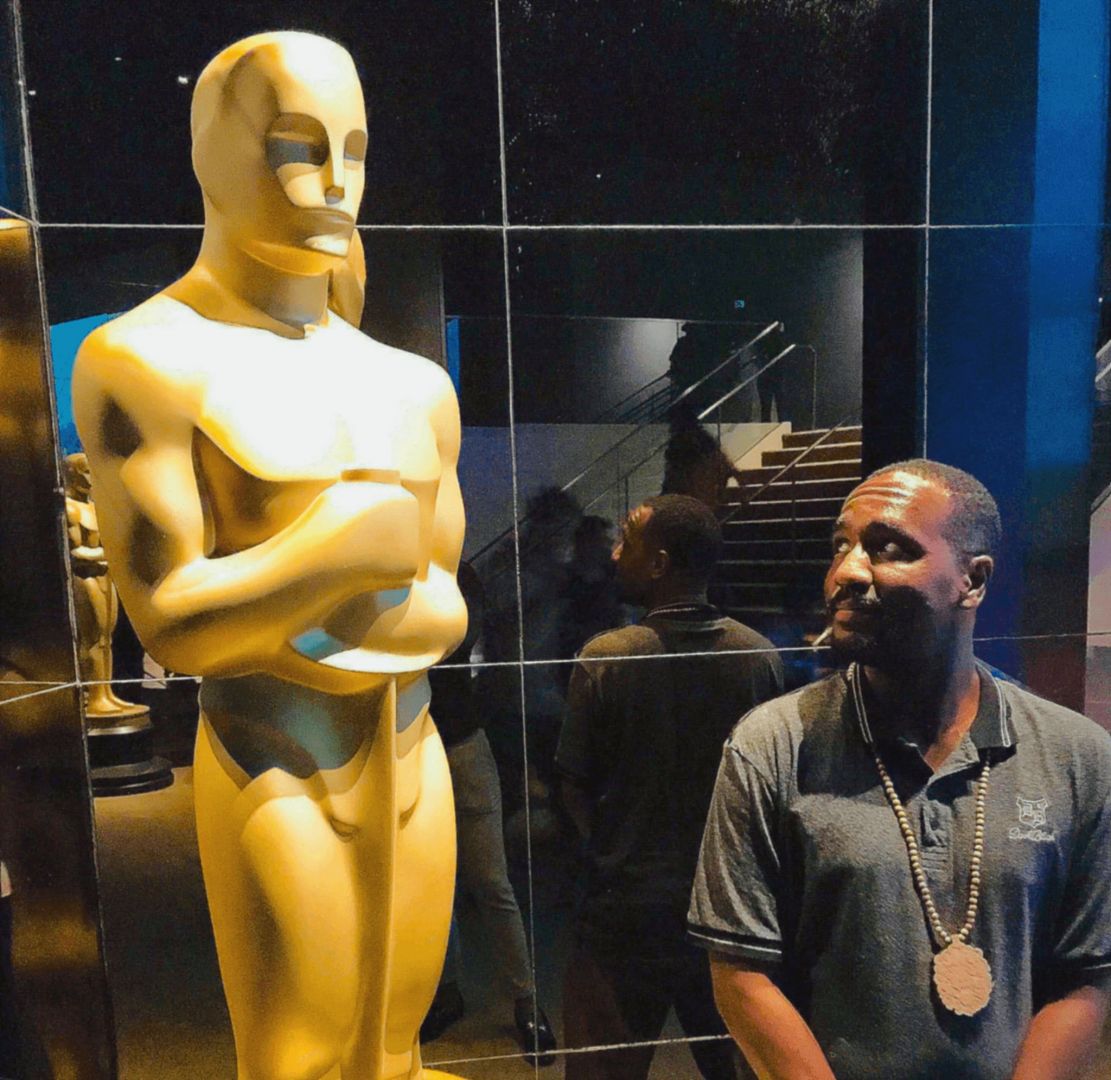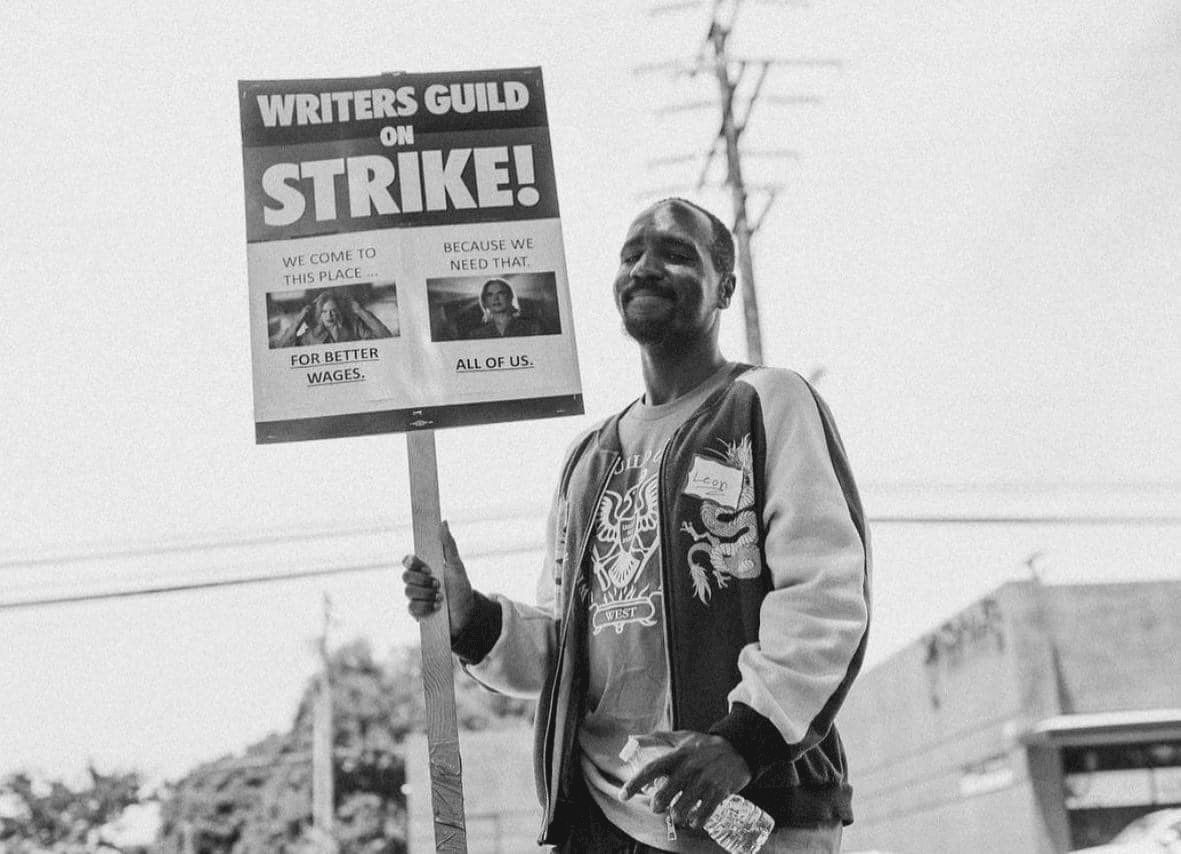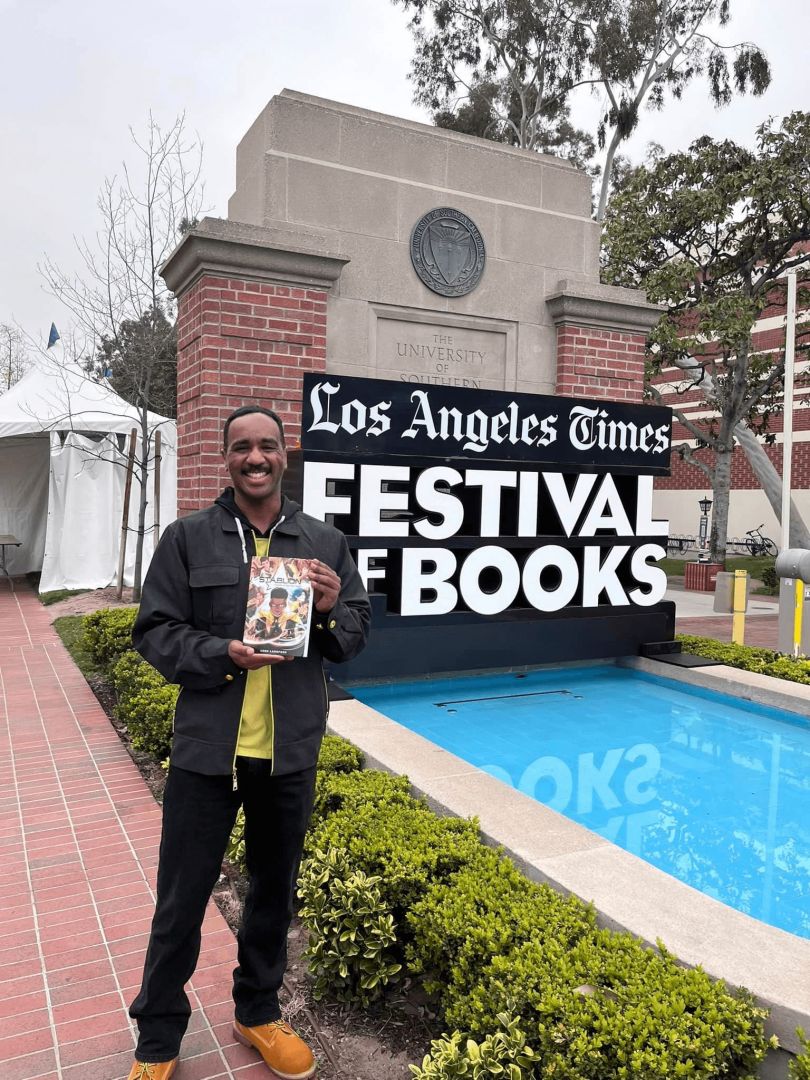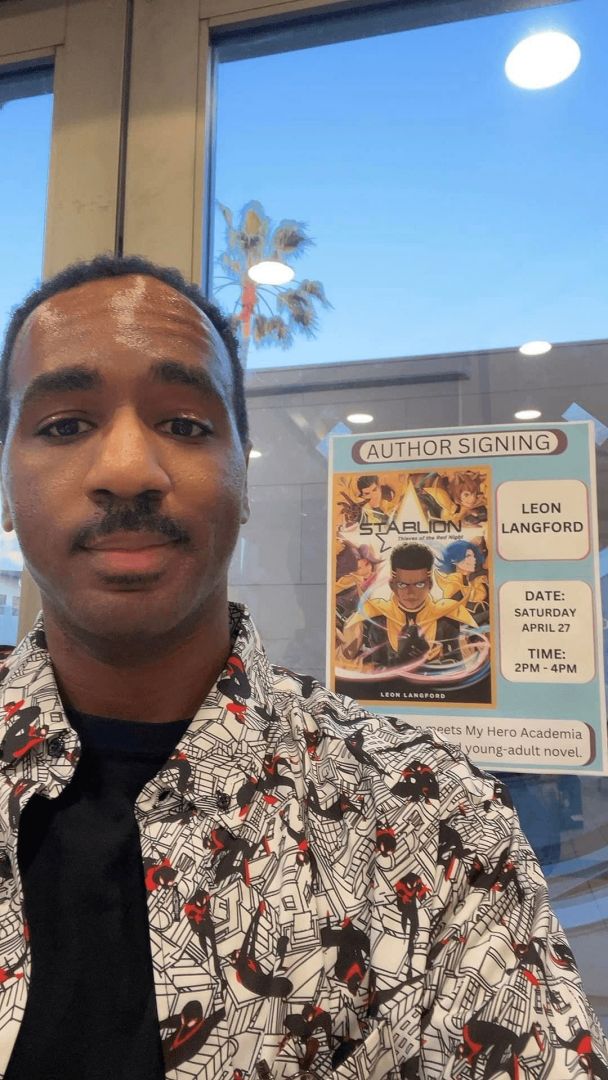Meet Leon Langford | Screenwriter & Author
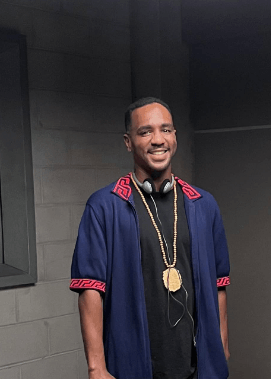

We had the good fortune of connecting with Leon Langford and we’ve shared our conversation below.
Hi Leon, why did you pursue a creative career?
To be honest, I’ve always wanted to be a writer. When I was 5 years old, I was already writing for fun and telling any adult who would listen, “I want to be a writer. when I grow up.” When I was in fourth grade, I was printing out my little 20-page stories, stapling them together, and selling them at the school fair. It wasn’t until I was older that I realized why I wanted to be a writer and what I wanted to write about specifically. To me, writing was the best way of expressing myself and connecting to others. Whether it’s good or bad, being able to capture a feeling in words and share it with someone is an incredible feat, and since I’ve been a kid, it’s all I’ve wanted to do. When I’m speaking to aspiring screenwriters, I often tell them, “You want to wake up in the morning and enjoy what you do. Whatever you enjoy doing, odds are someone out there is making money off it, so follow your passions.” I learned that a long time ago and have been following it ever since. If you enjoy it, then it shouldn’t feel like work, no matter how tiring or difficult the job is. When I wake up most mornings, I’m excited to hop into a new script, a new chapter of my book, or editing part of it. I wanted to pursue a career as a screenwriter because I knew even from a young age that writing was my passion, and if I could turn that into a job or, God willing, a career, I was gonna do it. The second reason I decided to pursue this career was a realization I had years into my career: there wasn’t much out there for Black audiences; that wasn’t the usual stereotype. I grew up on movies, almost literally. My dad had 100 VHS tapes in our basement stacked up around a big screen TV, and we went to the movies almost every Friday. I grew up watching movies and shows where the black experience felt like a monolith. We all know the stereotypes, so I won’t get into them, but I realized the work I wanted to create the most — the projects that wouldn’t leave my mind alone — were the stories about Black boys and men in fantasy settings, adventure settings, spy settings, etc. I wanted Hollywood — and the rest of the world — to see Black faces as versatile. We’re so much more than what Hollywood used to cast us as. So I wanted to create the works and worlds that I could’ve used as a kid.
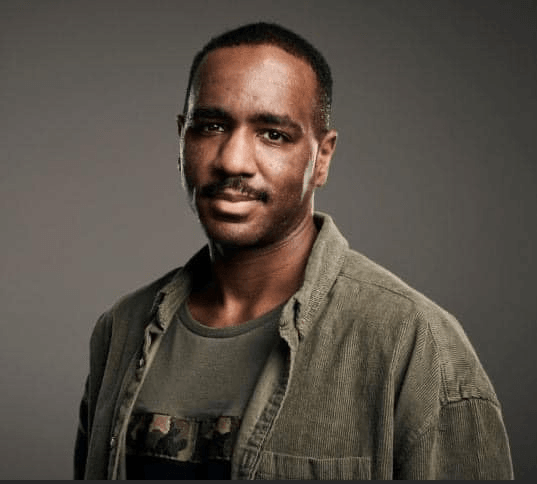
Alright, so let’s move onto what keeps you busy professionally?
My writing is something I think I’m always going to be improving upon. You’re only as good as your last work, in my mind. My scripts and books are always going to be layered, between the spectacle and the substance. I’ll always have something cool, new, and exciting in my work; that’s the spectacle. But just as important is the substance: what is your story about? For me, I think my stories are always going to exist between those two elements: spectacle and substance. What I feel separates my work from others is that I have a hand in each audience: the ones that come just to eat popcorn for a thrilling time and the audience that’s looking to dive deeper and catch a lesson on life. What I am most proud of is my book, StarLion: Thieves of the Red Night. It’s a book I self-published in 2021 and has since sold over 500 copies and has a ton of 5-star reviews on Amazon. As a child, I always wanted to be a novelist. I always wanted to write books that would eventually turn into movies. Yet, as I got older, I stepped away from writing manuscripts to writing scripts. So when the pandemic hit, I retreated back to what I enjoyed. So after writing two screenplays during the pandemic (which are now set up around town), I moved into writing StarLion. I wanted to write the book that I wanted as a kid. The story follows a Black boy in Houston with gravity powers who goes undercover to a school for superheroes. The book has “spectacle” and “substance.” The spectacle is the action-packed superhero world our characters inhabit, and the substance is about trauma. As I mentioned, the book was written in 2021, aka the pandemic years. In this story, it’s about teens who grew up in the aftermath of a supervillain attack on Houston. Yet as the story unfolds, the team of teens learns that a similar supervillain attack is being planned and must overcome their fears and their trauma to stop it. If they want to protect the future, they have to reconcile with the past. When people ask how I got to where I am, I think the best word to use is “forward.”. A while ago, I took on the mentality of “Then, we’ll do what’s hard.” I stole that from Aaron Sorkin’s The West Wing, but it instilled in me that, often times, to go forward, you have to make the hard choices. My career when I was young was very stagnant. I was repped at a top agency, and I was writing scripts for them like crazy, but they weren’t even reading my work. While their assistants loved my work, their bosses didn’t. So something needed to change if I was going to go forward. So I did what was hard—I fired them. And it was the best thing I ever did. Now, I’m with a better management company (Shoutout Writ Large and WME), and my career has been moving swiftly. The best advice I can give to creatives is, “Do what’s right for your art, even if it’s hard.”
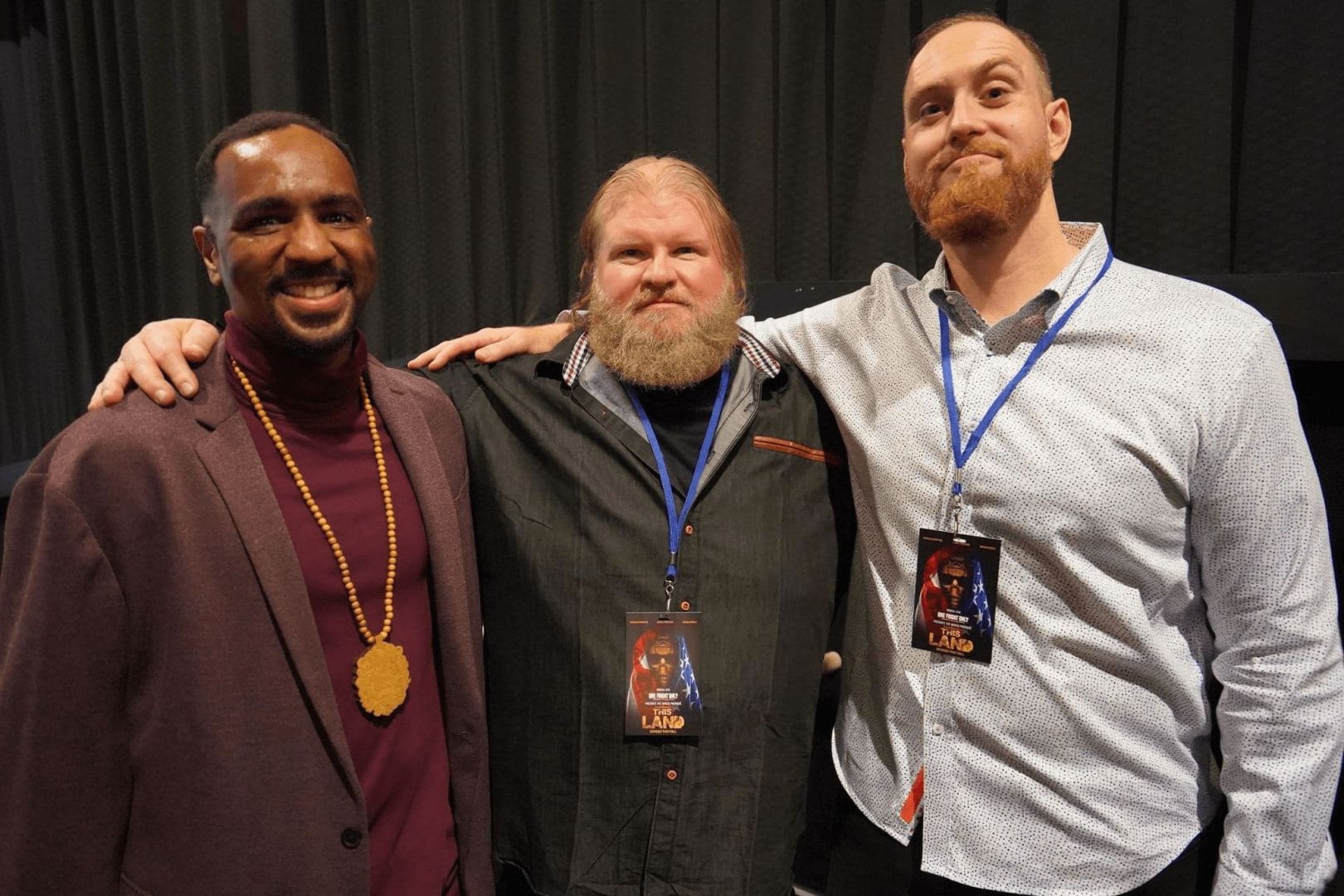
Any places to eat or things to do that you can share with our readers? If they have a friend visiting town, what are some spots they could take them to?
My favorite spot in the city is Little Tokyo. It’s my hands-down favorite place in LA. If I need to write, I can go there to find a coffee shop with good wifi and great coffee. If I need to get away from the hustle and bustle of the city, Little Tokyo is that escape. I’m also a big anime fan, so the shops and areas down there always feed my inner anime nerd. Speaking of “feeding,” Little Tokyo has a selection of food places, ranging from Japanese grocery stores to snack places, ramen shops, and even fine dining and drinks. All this is within a few blocks. It’s packed with places that are all within walking distance, which is always a plus. But if you’re here for a week-long trip, after a day in Little Tokyo, I’d always recommend Venice Beach. It’s a spot where so many locations all sit next to one of the best ocean views you’ll find in America. With an assortment of small shops and restaurants, ice cream places, and then a huge beach, it’s one of the best places to go and relax.
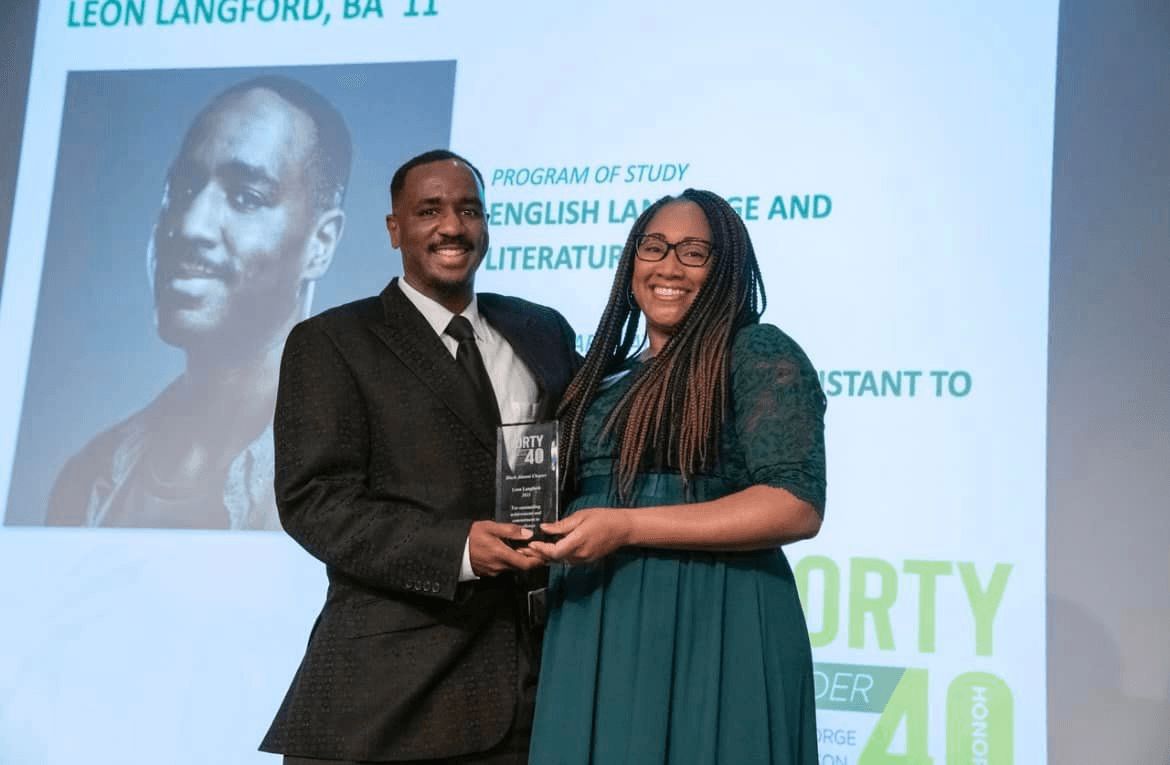
The Shoutout series is all about recognizing that our success and where we are in life is at least somewhat thanks to the efforts, support, mentorship, love and encouragement of others. So is there someone that you want to dedicate your shoutout to?
My shout out has to go to Lena Waithe. I met her when I was just a graduate student at Chapman University in 2014. She was looking to restart a version of the Cosby Writing Program. She invited about 2 dozen people, simply via Twitter DMs, to come to her apartment to mentor us. She hadn’t even blown up yet; she was still working as a writer on Nickelodeon shows. I distinctly remember sitting with her and a dozen others in her cramped apartment as she ate Burger King and listened to our projects. The kindness she showed to us young baby writers had a lasting effect on me. She taught me so much about outlining scripts, working on projects, and pitching, and she really was the first person to believe in me. From her, I got to work and learn under other writers like Marcus Gardley (Foundation, The Color Purple) and just be a sponge from these established Black writers.
Instagram: llangfor
Twitter: MasonLLL
Other: You can follow my pages for my book Starlion at StarLionBook on IG and on Tiktok.
